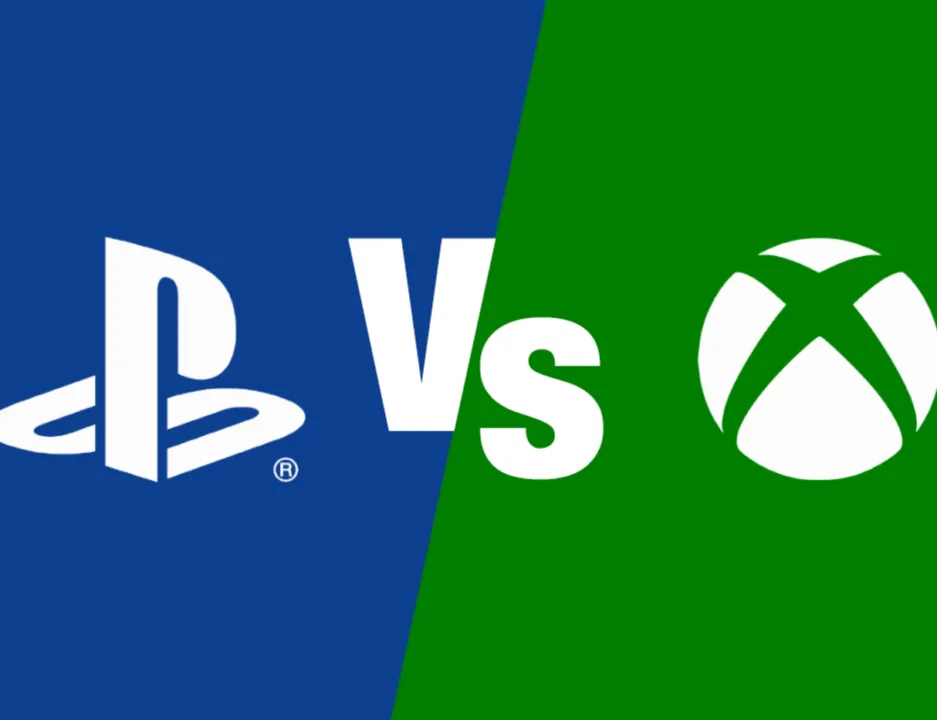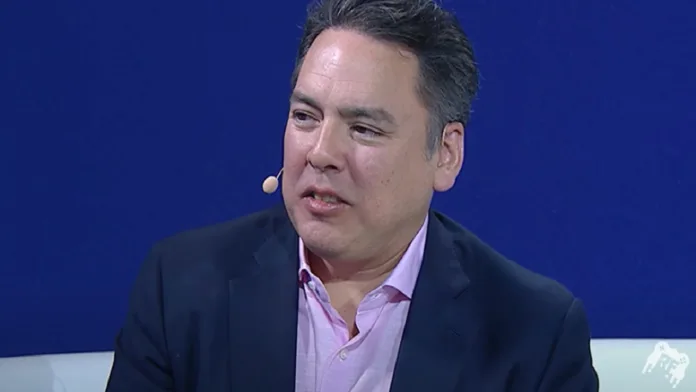In a recent panel at IGN Live 2024, former PlayStation head Shawn Layden shared his thoughts on the future of gaming consoles, suggesting that a single, standard home console could be beneficial for the industry.
Layden’s argument is rooted in the idea that modern consoles are already quite similar in their architecture.
Both Sony and Microsoft use AMD hardware, making the differences between their consoles less pronounced than in previous gens.
“We’re talking about ray tracing differentials and most of us [don’t have good enough TVs] so can’t see the ray tracing anyway,” Layden continued. “Xbox, PlayStation, high-end PC, that’s almost at a plateau where all things being equal, they’re pretty much the same.” We’d be in a better world if we could get down to one standard home console technology and get this platform war thing out of the way,” he said.
He further explained that the global install base for consoles has never exceeded 250 million units, with a temporary spike during the Wii era due to the popularity of Wii Fit. Layden believes that a unified console standard could potentially expand the market by removing barriers and making gaming more accessible.
Layden’s suggestion is akin to the standardization seen in DVD or Blu-ray players, where multiple manufacturers produce devices that play the same media.
This model allows for competition among hardware makers while maintaining a common standard for content. However, gaming consoles are more complex due to their interactive nature and the unique ecosystems they create.

The idea of a single console standard raises concerns around market control and innovation.
A single console standard could lead to monopolistic behavior, where the controlling company sets prices without competition. History provides a cautionary tale; the PS3 launched at $600 due to the success of the PS2.
Competition drives innovation and when companies like Sony, Microsoft, and Nintendo compete, they push each other to develop better technology, more innovative games, and improved services. Eliminating this competition could lead to stagnation, as the single standard bearer would have less incentive to innovate.

Layden himself noted that during the pandemic, gaming revenue increased by 20-25%, but this was largely from existing gamers spending more, not new gamers entering the market.
So simply having a single console might not address deeper issues of market expansion and innovation.
The majority of people making games do not manufacture hardware, accessories, or gimmicks. Those who do, use them to drive their businesses and the industry itself. A single console standard could disrupt these dynamics, harming the ecosystem that currently exists.



